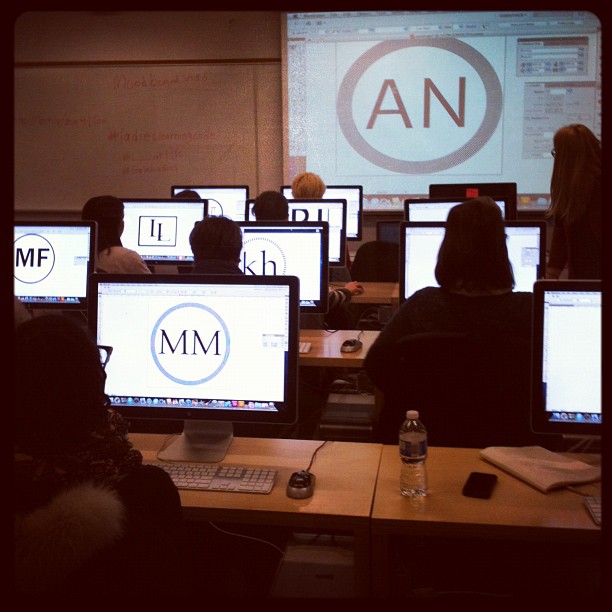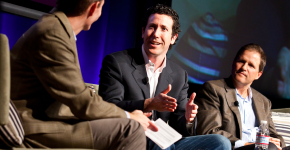 There is this small but fierce not-for-profit called Ladies Learning to Code. It has pretty straightforward but profound ambitions: “designed to help girls see technology in a whole new light – as a medium for self-expression, and as a means for changing the world.” (Girls Learning to Code camp).
There is this small but fierce not-for-profit called Ladies Learning to Code. It has pretty straightforward but profound ambitions: “designed to help girls see technology in a whole new light – as a medium for self-expression, and as a means for changing the world.” (Girls Learning to Code camp).
I started my first tech company while I was still in grade school. That experience changed the path of my life forever and I was able to do that because when I was in 7th grade I started to learn to program.
My family couldn’t really afford a computer, so I used the ones in the computer lab at school a lot. There was a math teacher, Mr. Murley, who would basically be there to open the lab and help teach programming 24/7. I also had some neighbours who had a computer and I would stay there until midnight many weekend nights.
Learning to code early on taught me a few things I am forever grateful for. I learned that I could create whatever I wanted. At that age and in that time you really did have the sense that you could change the world with a few hundred lines of code. All you had to do was find something that was broken or an idea that had potential and you could just build it. I think you can build even more today and because there are better ways to distribute you can have an amazing impact.
A lot of navel gazing here, I know.
There is no more important challenge for the tech community in the next decade than to find a way to make programming accessible to as many children as possible.
We need to do that for a lot of reasons. We need future employees of course, and we need a more tech-savvy population to market in to, but we also need a broader and more diverse pool of ideas and inspiration.
We need kids to believe that they can change the world so that they can grow in to adults who do change it. There may be no better way to enable them to do that than helping them learn to code.
So, when I saw Ladies Learning to Code for the first time I had no small hope that this wouldn’t be just about teaching women to program. My hope is that we can take the model that works for Ladies Learning to Code and that we can find ways to apply it to help make programming a less mysterious endeavour for every curious mind out there.
It’s true that not every child will want to program and I am sure only a fraction will pursue it as a career choice. I also know however that no child who learns will be unchanged. They will learn that they can create something from nothing, that there is nothing they can imagine that they cannot build, and that every tool they possibly need is available and free.
My home province recently took the X-ACTO-knife to the public school IT budget. As if growing up in the most rural province in Canada doesn’t make it hard enough for kids to pursue a future in startups, software development or IT, now there is a provincial government which is actively dismantling IT in education. (Note: Premier Ghiz– who the hell thought that was a good idea?)
I have little hope that our governments will figure this out in the next 20 years and so while school budgets are slashed by uncompromising governments, we have a job to do.
Ladies Learning to Code gets us off to a fantastic start, but the work is just beginning.

 We have also decided to include a brief fireside chat with
We have also decided to include a brief fireside chat with 
